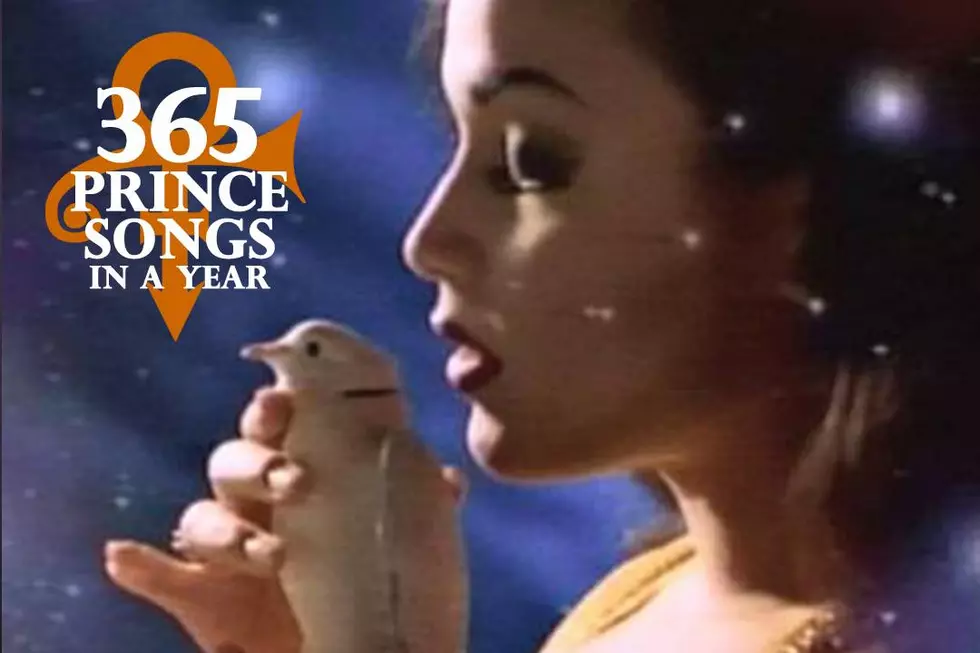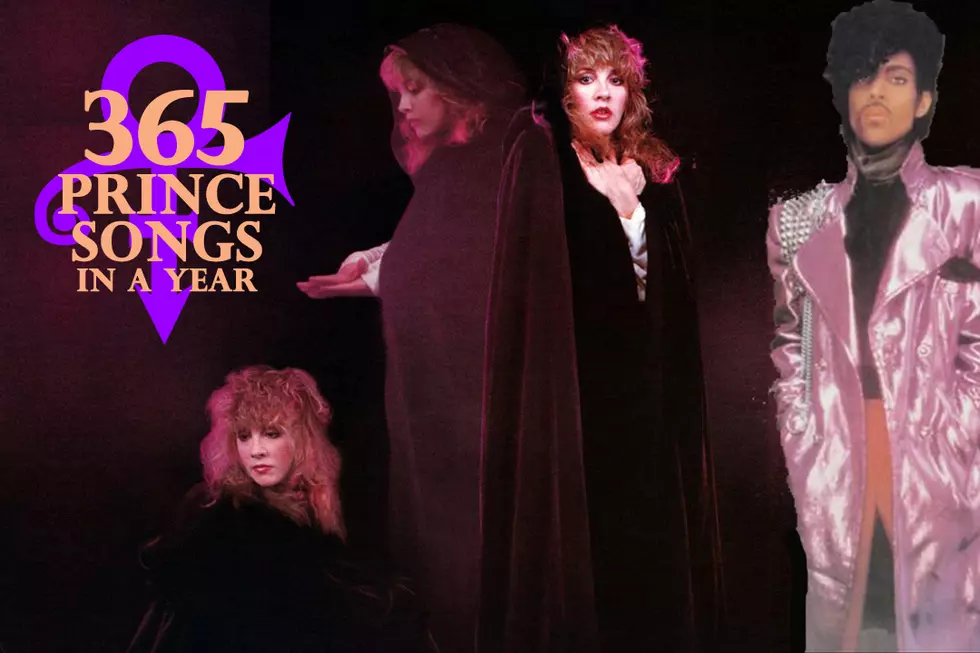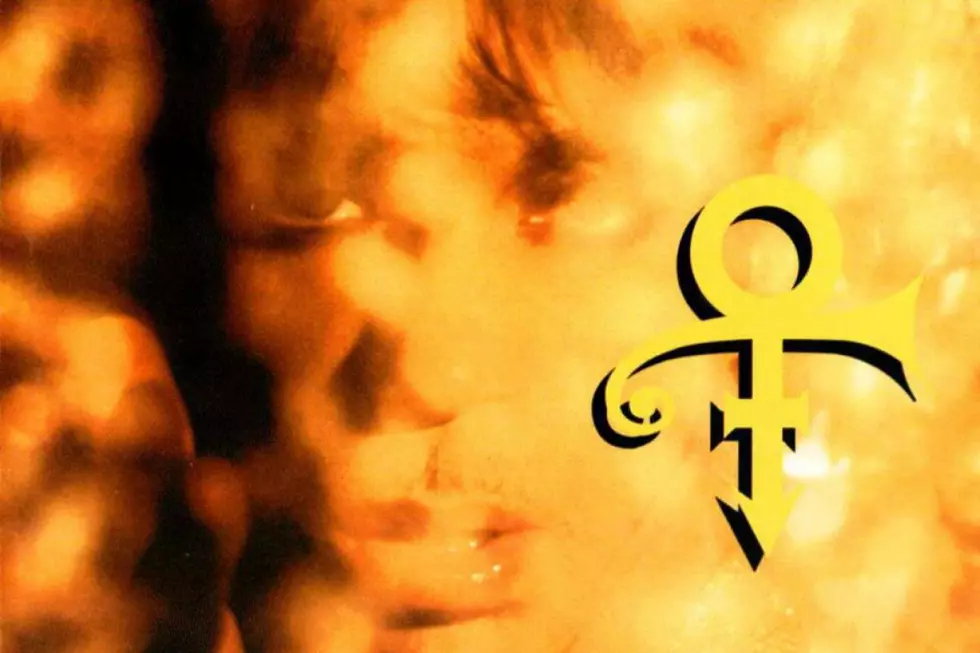
Prince Takes Adam’s Perspective in the Garden of Eden: 365 Prince Songs in a Year
To celebrate the incredibly prolific, influential and diverse body of work left behind by Prince, we will be exploring a different song of his each day for an entire year with the series 365 Prince Songs in a Year.
Prince's devotion to matters both spiritual and carnal was well known, and often at cross-purposes—one side could only reign at the other's expense. Perhaps the most extreme example of this occurred in 1987, when he pulled The Black Album from Warner Bros.' release schedule, deciding, according to urban legend, that the record was "evil." In its place, he offered Lovesexy in mid-1988—Lovesexy, with its then-naughty nude album jacket and, at the end of Side 1, the mighty "Anna Stesia," perhaps the most towering of his spiritual songs.
Rarely, though, did Prince tell a story in his more devout fare—he spent most of his efforts imploring the listener to praise God (the tail end of "Anna Stesia") or to ask for redemption of a sort ("The Cross," "The Word") or simply to welcome God to do His bidding ("Still Would Stand All Time," Martika's "Love Thy Will Be Done"). On 1992's Love Symbol album, however, Prince opens up his purple paisley-bound book of Bible stories to the very beginning, and devotes his devotional time to the story of Adam and Eve on "And God Created Woman."
Things start in pretty straightforward fashion, with some deft synth work, jazzy guitar comping and Prince letting loose a couple "Ohs" to get one's attention. He then goes into his falsetto voice, and begins telling his tale, from the perspective of Adam, following the Biblical legend of Eve's creation ("One of my ribs He took and it shall be / Bone of my bones (bone of my bones) / And God created woman").
They're both naked, which, again, follows the old narrative, although when Prince mentions the fact, it sounds less like Sunday School, and more like a boudoir. This is reinforced by Prince/Adam's meditation on his surroundings: "Temptation sweet and so much / Surely die if neither one of us shall ye touch / Then again we could die from the rush."
When he speaks of sweet temptation, is he referring to the fruit from the tree of the knowledge of good and evil? Or is there something more carnal in play, which could cause them to "die from the rush?"
Some might argue that such sentiments and legends perpetuate the male hegemony of medieval times, since the authors of the Bible were men, as were the ones who translated it, and the latter had particular interest in maintaining male dominion as the societal norm. This discounts the Book of Esther, which, although written and translated by dudes, featured a cool queen who saves her people through strategy and cunning. (Of course, doing so also required that a bunch of Persians be killed, which takes us back to the agendas of the translators … so never mind.)
We usually think of Prince as being above such things, but he did have a weakness for literalism in his religious pursuits. That’s what makes the end of “And God Created Woman” so fascinating. It’s like the first verses were a dream, and the dream fades out at the end of the final verse: "And if I never see you again / It's alright for I am guilty of no sin / They can have you, I'll have your love in the end."
In the Biblical legend, both Eve and Adam were cast out from the Garden of Eden; here, it's just Eve. Adam is "guilty of no sin," but hopeful he can have his beloved's love "in the end," if only to get his rib back.
Prince's take on the Garden of Eden story certainly follows its own path, but is sufficiently adherent to the legend that few would take notice. Thought he could stand to be a little more enlightened, it’s difficult to hold him too much in account, because the song is so good.
Prince Albums Ranked
More From Diffuser.fm









